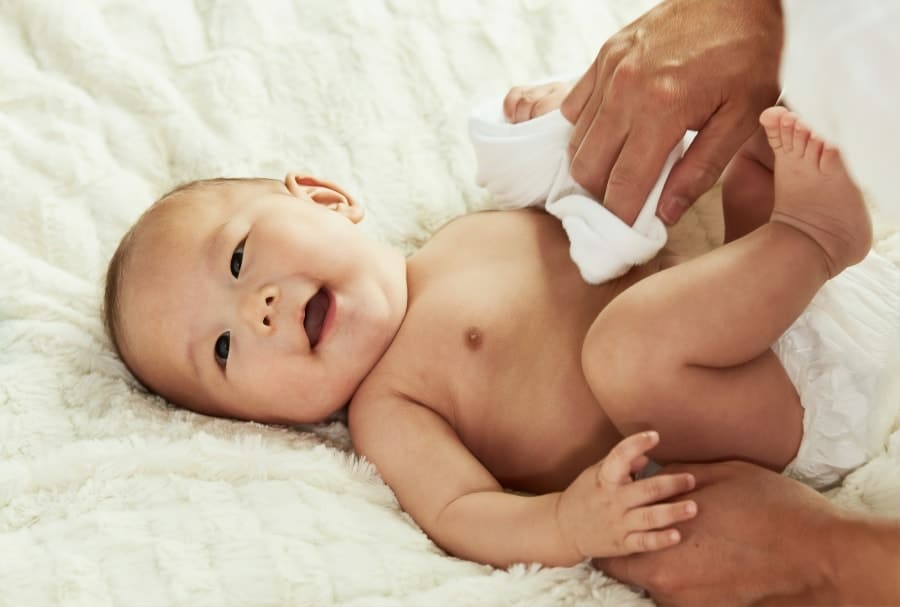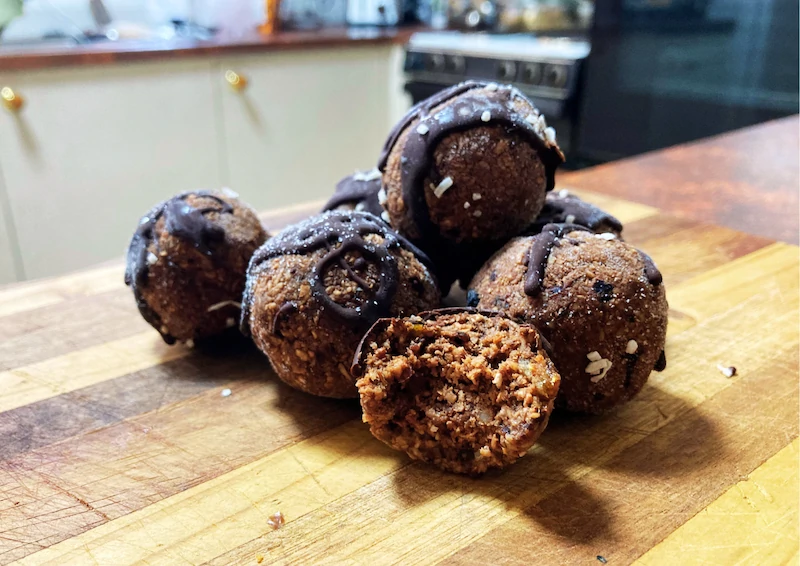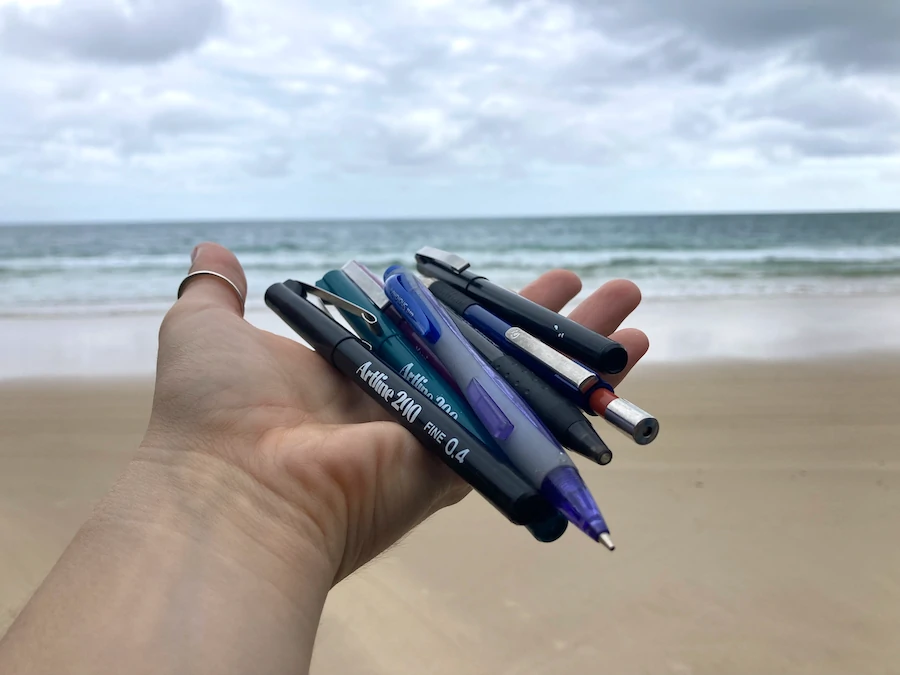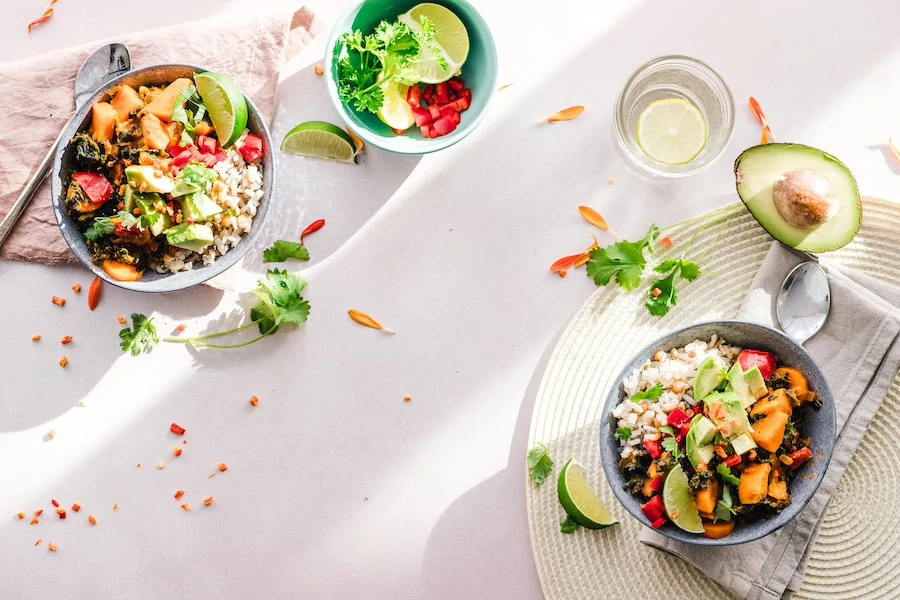
More and more you see products coming out that state that they’re products are eco-friendly, and you probably really want to believe them. When it comes to baby products, this move to more eco-friendly baby products has been a fast-moving train. Baby wipes are the most regularly used product when cleaning up and knowing the answer to “are baby wipes eco-friendly” is more important today than ever.
So, are baby wipes eco-friendy? Baby wipes are not all eco-friendly. Depending on the material of the wipe as well as the ingredients within the liquid solution, it can be eco-friendly or not. Eco-friendly baby wipes are made out of biodegradable materials and no harmful chemicals.
There are a lot of eco-friendly products out there that can make a huge difference in our day-to-day impact on the planet. With our babies, it’s important that we bring them up into a world that’s healthy and sustainable, otherwise what’s the point? Using more eco-friendly products can make a big difference in the future of our planet, especially for the next generations.
Choosing the Right Eco-Friendly Baby Wipes
Whether your using baby wipes to clean up a small mess or a big one, bamboo baby wipes come in handy way more often than others might think. Once you’re without them even for a little bit, you realize right away that using them to keep your baby clean is essential. However, the products we use aren’t always environmentally friendly once we dispose of them and they’re not necessarily organic on top of that.
When looking at getting yourself some eco-friendly baby wipes that are safe on your baby’s skin, there are a few considerations to take into account:
- Are these baby wipes made out of an eco-friendly material?
- What chemicals are being used in these baby wipes?
- Can I reuse these baby wipes?
- Are there any alternatives to the major baby wipe brands?
While these are just several starter questions to ask yourself, they bring to light some important points that should be considered. Thankfully, these questions all lead to your being able to choose the right eco-friendly baby wipes for your and your bundle of joy.
Most baby wipes today aren’t made from an eco-friendly material, especially when you look at the major baby wipe brands. These more traditional baby wipes are made out of non-woven fabrics that usually have microplastics infused inside of them. The most common materials include a mix of silk, cotton, polyester, wool, and other similar interlocking materials.
Unfortunately, non-woven fabrics like these are detrimental to the health of our planet due to them not being recyclable and being made with harmful chemicals. One of the most common mistakes people make is flushing baby wipes, which, even if they’re “flushable”, is a big no-no. If they don’t state that they’re biodegradable (which most don’t), they’re going to have a negative effect on the environment.
To produce certain materials, such as cotton and polyester, a number of industrial and toxic chemicals are needed to convert the base material into a soft, non-woven fabric. These chemicals are often removed from the material once it’s finished, but traces can linger around for long periods of time. This can cause allergies and other skin issues, such as dryness, rash, and allergic reactions, which should be completely avoided.
Other chemicals that are purposefully added to baby wipes are those that come from fragrances and dyes. While these additions made to baby wipes can provide a more fresh smell and look, they too can cause skin irritations due to them potentially containing harmful chemicals such as phthalates. These types of chemicals that are used in perfumes and fragrances are shown to interrupt the endocrine system, which is most definitely not good for a developing baby.
One of the most eco-friendly ways to live is by reusing as much as possible disposable products. Now, I’m not saying you should reuse disposable baby wipes. Don’t do that! However, there are some eco-friendly baby wipes that are made specifically so you can reuse them by throwing them in the washer and starting a new.
Reusable baby wipes are a fantastic way to stay eco-friendly and have complete control over how you clean your baby. That’s why I almost exclusively use Babygoal Reusable Bamboo Baby Wipes (link to read reviews on Amazon). Their reusable baby wipes are amazing because they’re made out of natural bamboo, so they’re soft to the touch and are very eco-friendly. They’re also double-layered, so you as the cleaner get that extra protection.
Thankfully, we live in a time where people are waking up to the world’s environmental problems, which is why we have a lot of new baby brands that are making amazingly green products. However, some of the older companies have been slow to this change and even don’t seem to be very interested in fully embracing it.
When looking to buy eco-friendly baby wipes, give the non-major brands a chance before defaulting. While they may be slightly more expensive, they know they have to win you and your baby over with awesome products that keep your baby clean while taking into consideration the world around us.
Biodegradable and Compostable Baby Wipe Materials
Being able to choose the right eco-friendly baby wipes for you and your baby, one of the most important aspects is the material it’s made out of. You should also make sure they’re fragrance-free as well as free from any harsh chemicals, but the material should be your first and foremost concern.
By far the most eco-friendly material you can buy from here on out is bamboo. Bamboo is one of the most renewable materials on the planet and can be used in a vast number of circumstances. Whether you’re building a bridge, a home, some clothes, or baby wipes, bamboo is an environmentally friendly solution.
The reason bamboo is so eco-friendly is that it’s naturally biodegradable, which means you don’t have to worry about it sitting in a landfill for a thousand years as plastic does. Not only that, but bamboo is easily compostable due to its biodegradable feature. It’s also 100% antibacterial and antifungal, so really an all-around good material for you and your baby.
Another fantastic eco-friendly material found in baby wipes is hemp. Now, hemp has had a bad wrap over the years due to it being associated with a distant cousin plant of theirs, but it’s completely different and much safer. As a matter of fact, hemp, like bamboo, is highly renewable and can be grown practically anywhere.
The downside to hemp baby wipes is they’re not often found in the disposable form, but you can find plenty of reusable hemp baby wipes. Hemp is also a naturally biodegradable material that you can feel comfortable using on your baby’s sensitive skin.
How to Dispose of Biodegradable Baby Wipes
Properly disposing of our waste is something we all should have learned a long time ago, but it’s not always 100% clear what method to take. When it comes to baby wipes, we use them all the time, so it’s important we’re able to toss them responsibly without producing a net negative on the environment around us.
The biggest issue I see with people using baby wipes is they usually want to flush them down the toilet. Whether the baby wipes you’re using are biodegradable or not, this should be 100% avoided. The issue is the material, as well as the waste that’s attached to it, gets mixed into our waterways, which can cause a number of problems for marine life as well as our own drinking water.
The proper way to dispose of biodegradable baby wipes is to simply toss them into the garbage. This may sound counterintuitive, but once the disposable baby wipe you’re using is dirty, you’re not really supposed to put it into recycling bins. Unless the baby wipe looks clean enough, throwing it away is the right route to take.
Again, baby wipes that are made of naturally biodegradable materials, such as bamboo and hemp, are the perfect candidates to throw away since they’ll degrade naturally over time. The real issue with throwing baby wipes into the garbage is when they’re not made out of biodegradable materials, like non-woven, plastic-based materials. These types of baby wipes can end up in landfills for a very long time and won’t properly reintegrate into the ecosystem.
Final Thoughts
In the end, choosing the right eco-friendly baby wipes for you and your baby comes down to knowing the right questions to ask and your style of living. Maybe you like to reuse baby wipes or maybe you prefer having disposable ones. Either way, making sure you’re using baby wipes that are safe for your baby and their future is the most important consideration to take into account.



